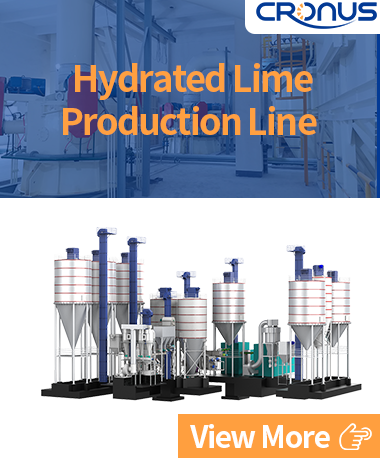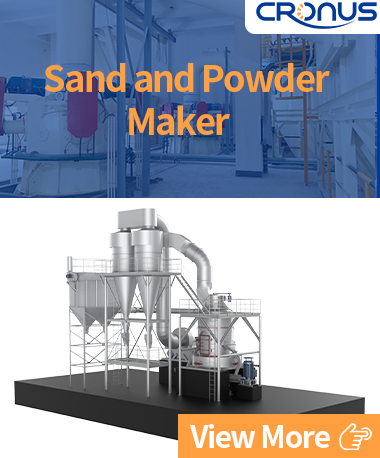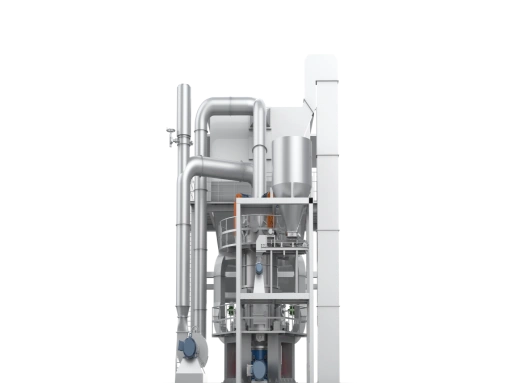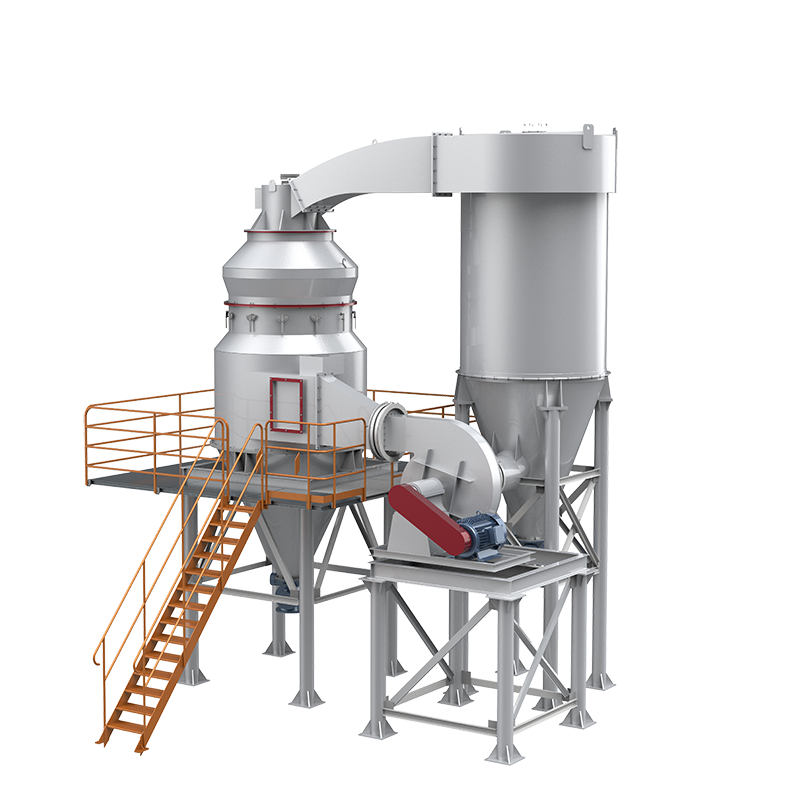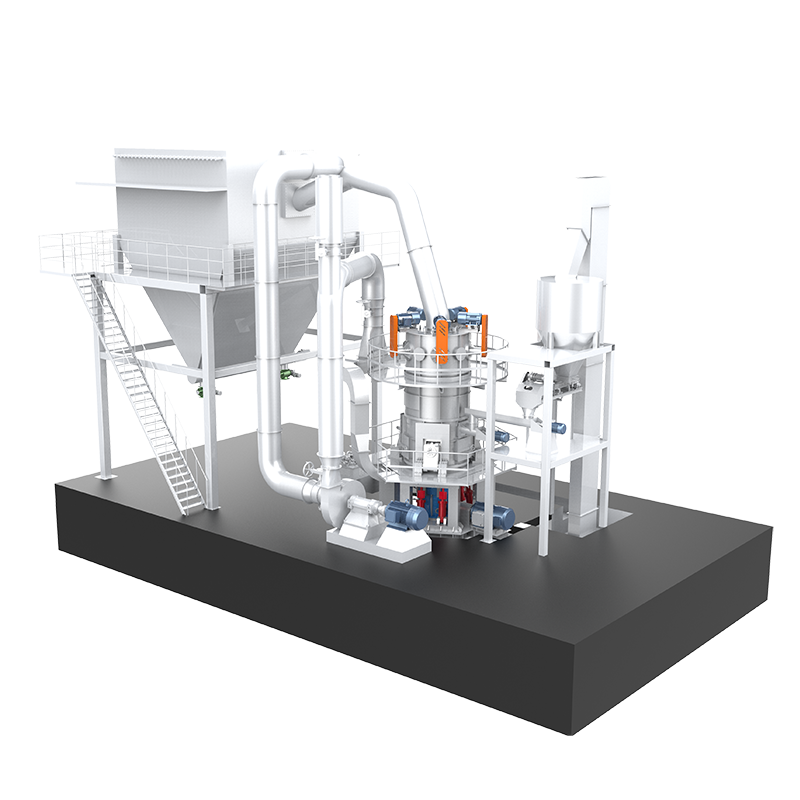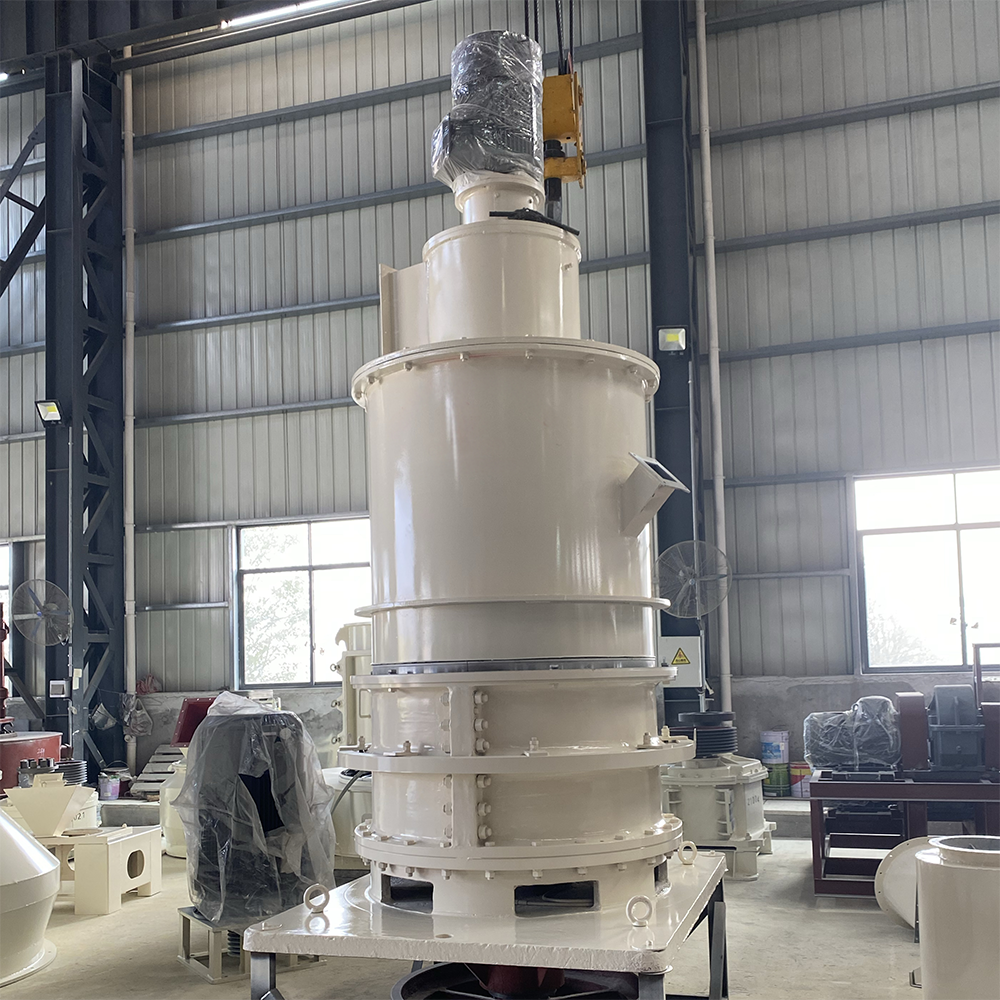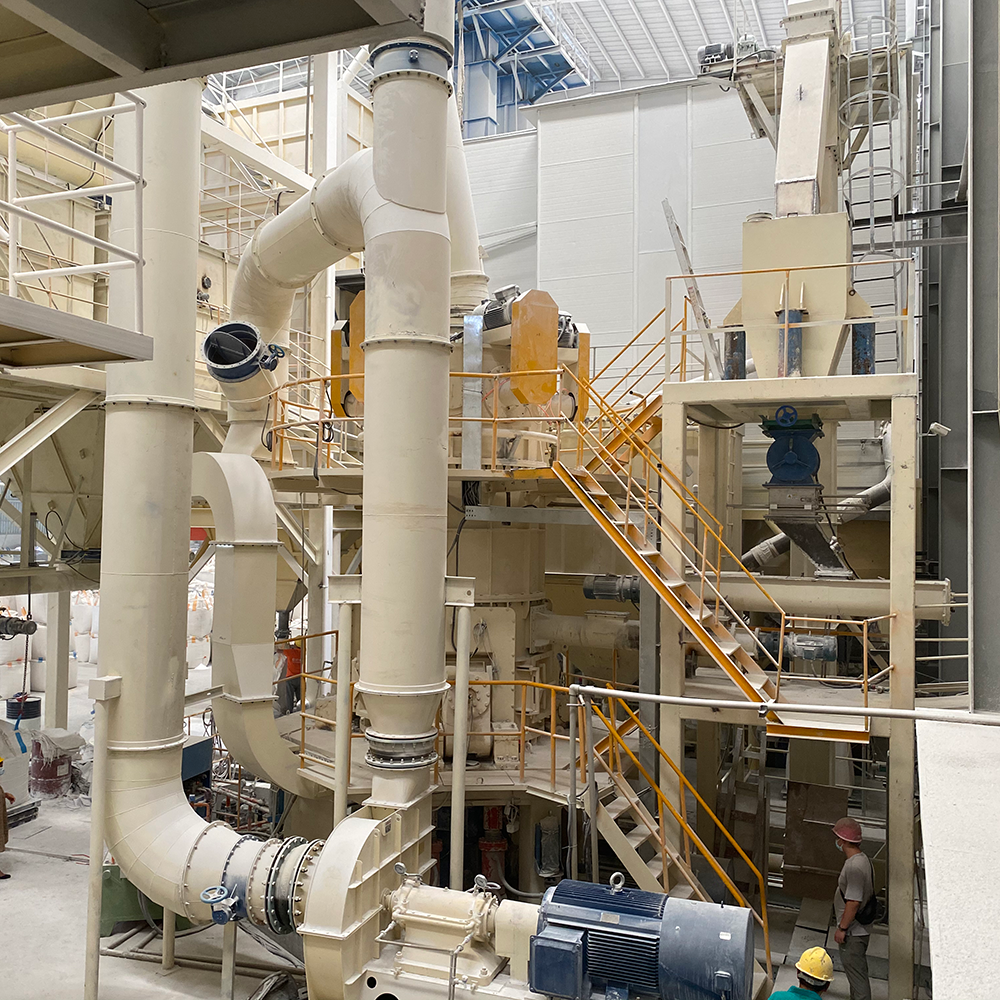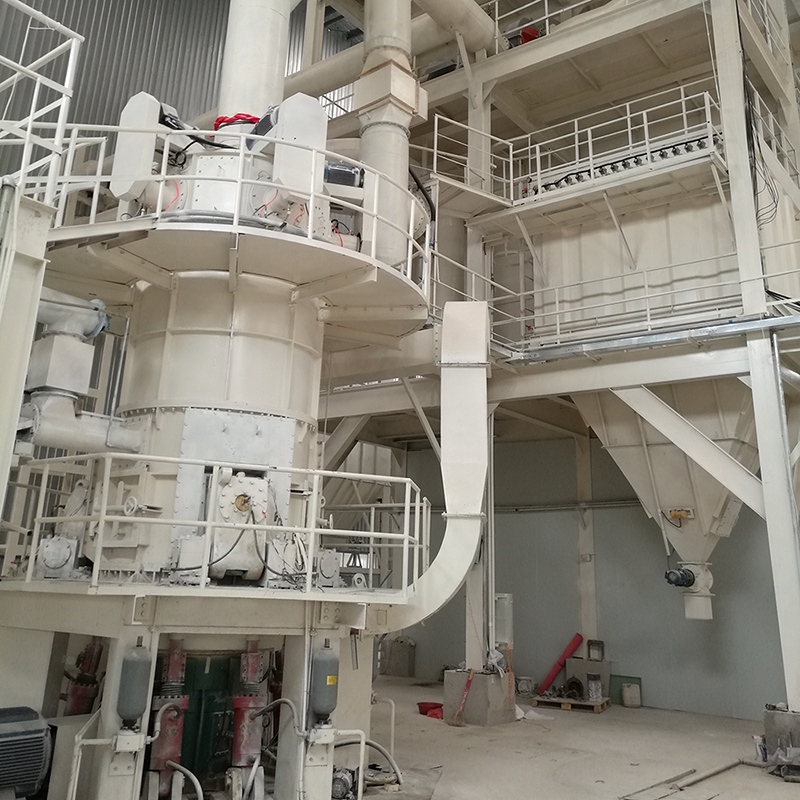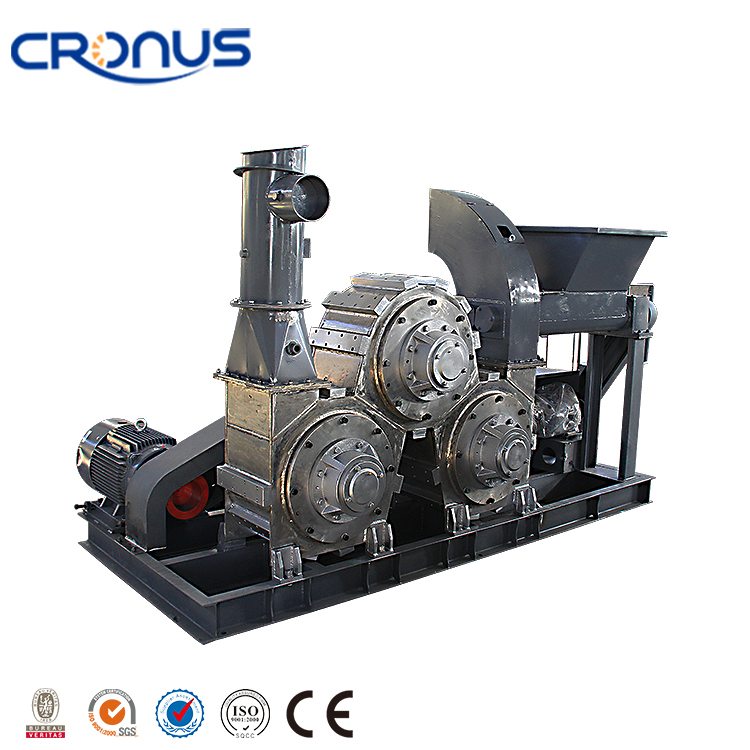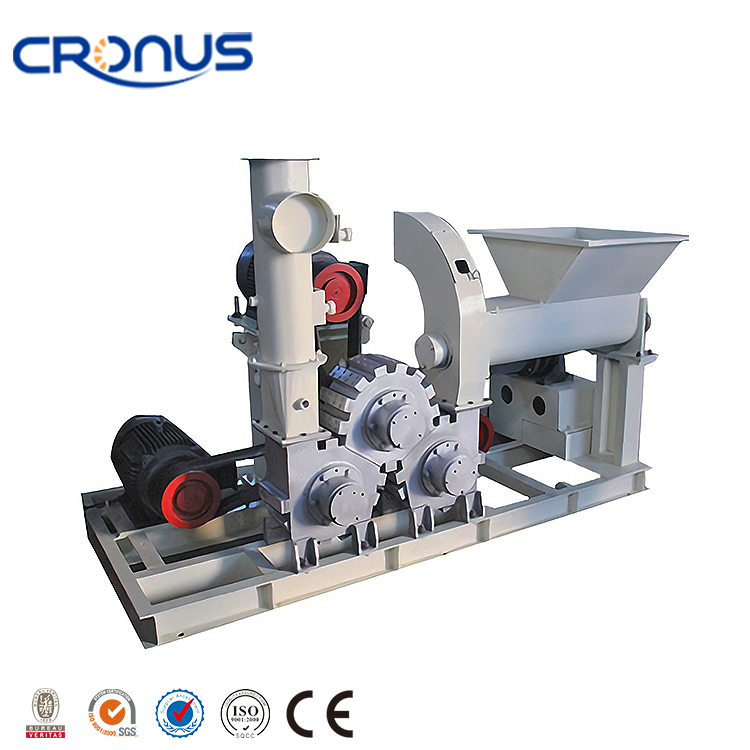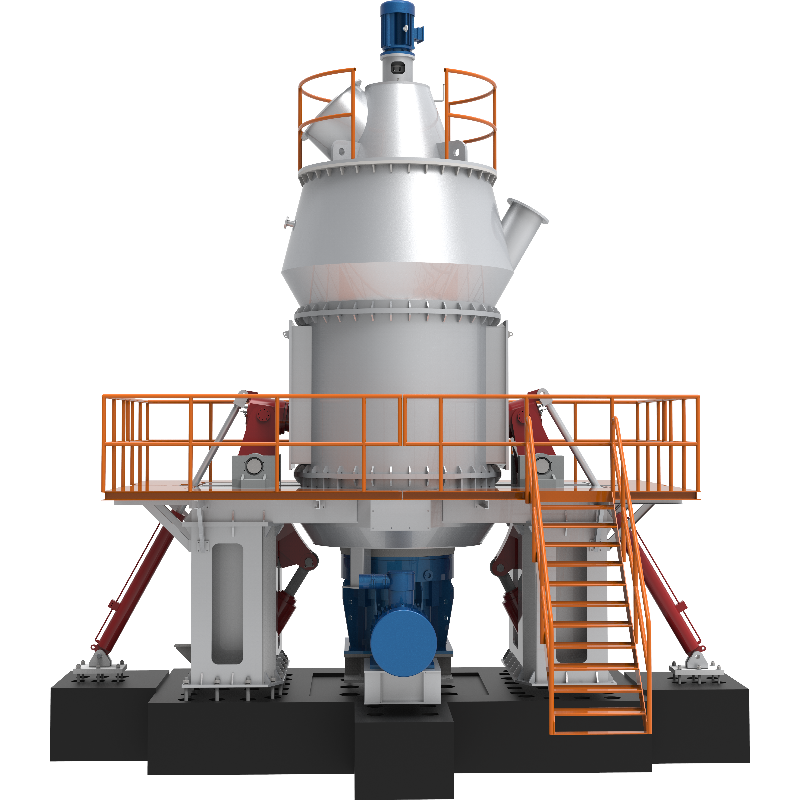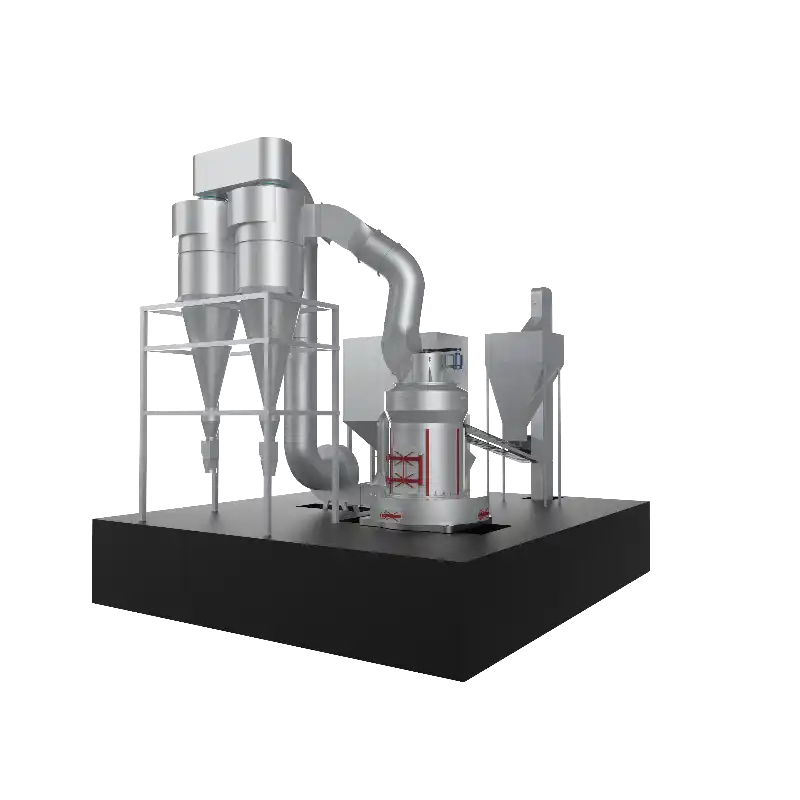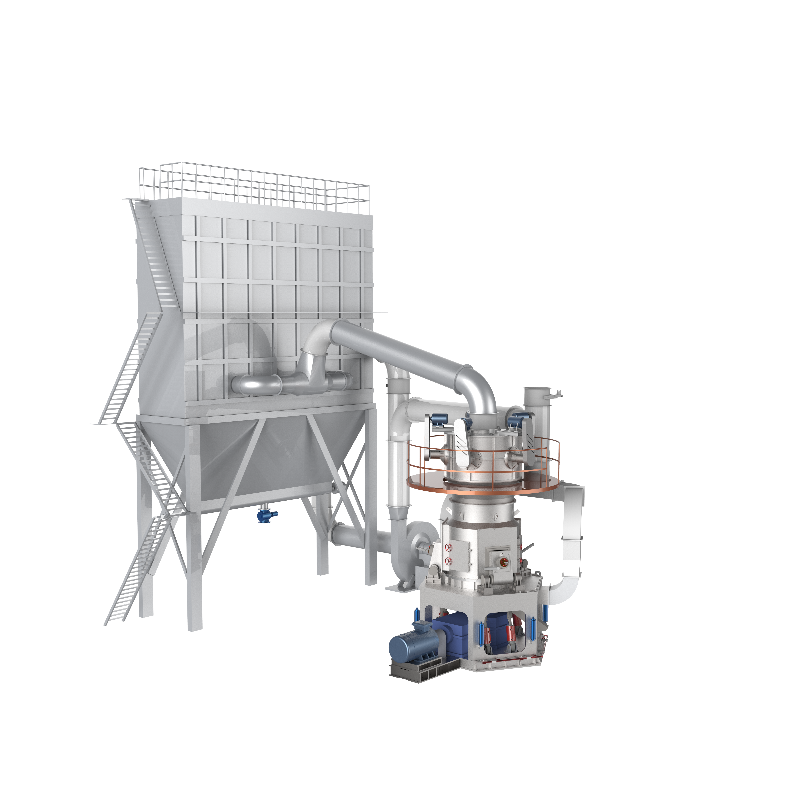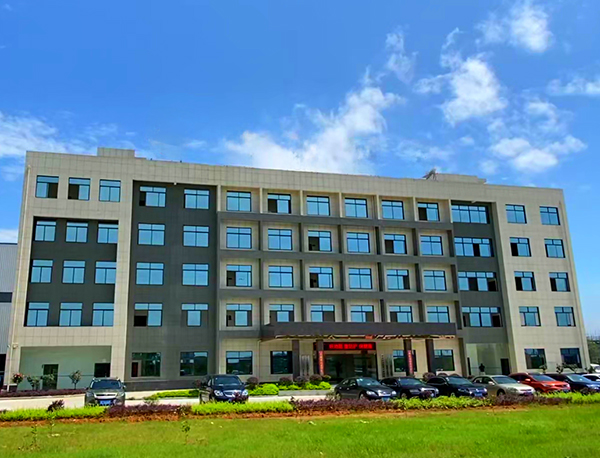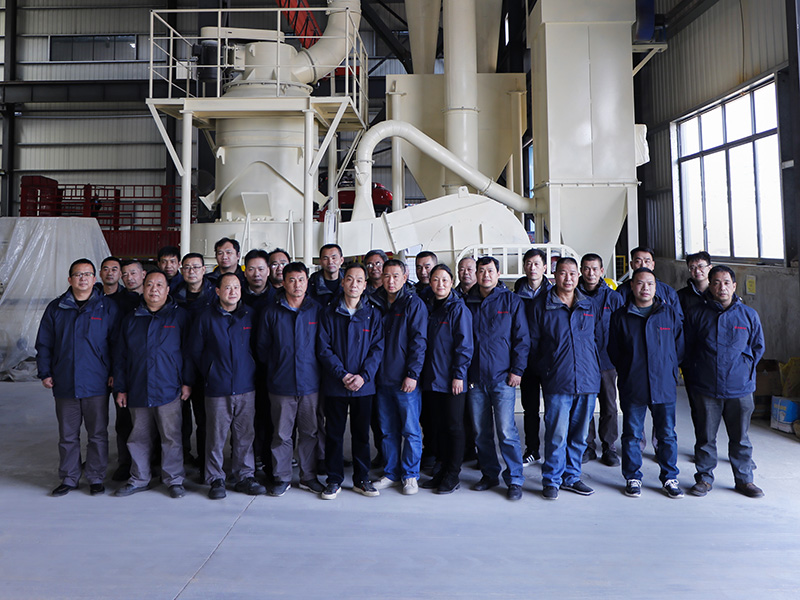In the industrial landscape, Raymond mills play a pivotal role in grinding various materials into fine powders. Whether it's for the production of minerals, cement, or even in the food and pharmaceutical industries, these mills are a staple. However, one of the most pressing questions for potential buyers is, "What is the price of a Raymond mill?" This article delves deep into the factors influencing Raymond mill prices and provides insights into the market range.
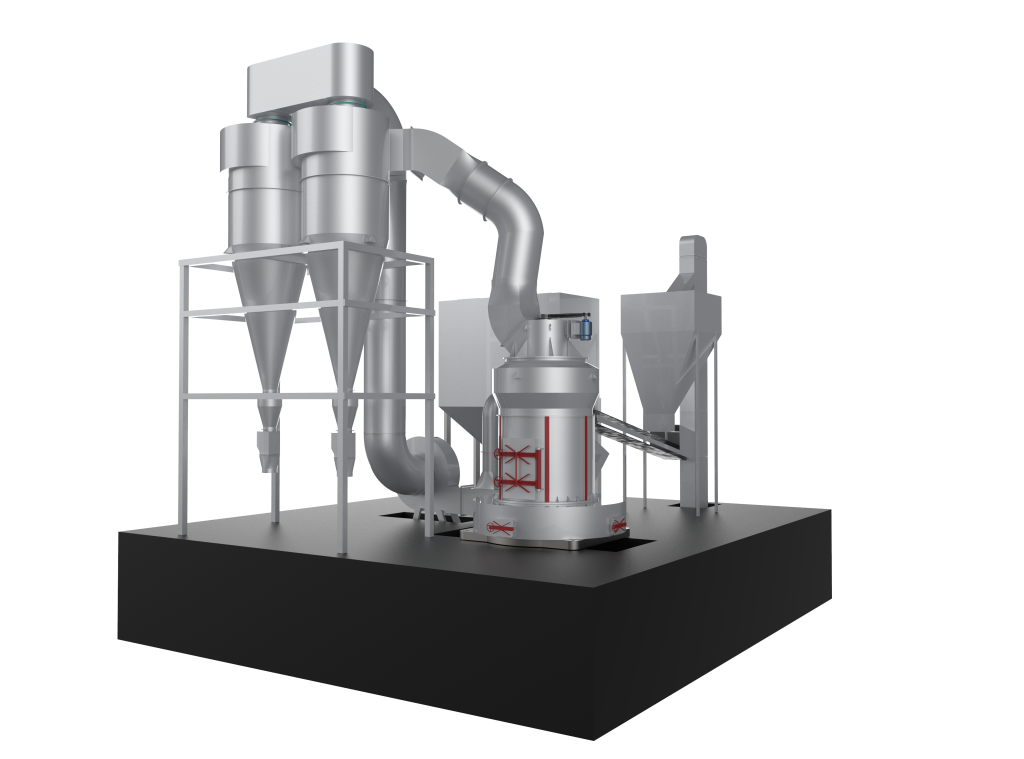
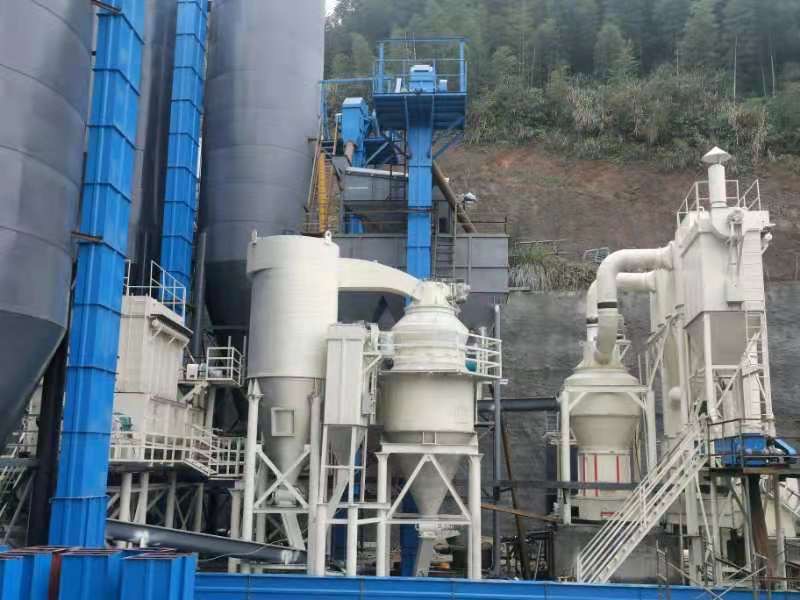
Factors Shaping Raymond Mill Prices
Capacity: A Primary Driver
The production capacity of a Raymond mill price. Mills with higher throughput capabilities are designed to handle larger volumes of materials in a given time. For instance, a mill with a capacity of 200 kg/hr will be priced significantly lower than one that can process 1400 kg/hr. Industries with high - volume production requirements, such as large - scale mining or cement manufacturing, will naturally opt for mills with greater capacity, which come at a premium. This is because larger capacity mills often require more robust construction, powerful motors, and advanced engineering to ensure consistent and efficient operation.
Quality and Brand Reputation
Quality is another crucial aspect that impacts the price. Reputable brands in the Raymond mill market invest heavily in research and development, high - grade materials, and strict quality control measures. These manufacturers have established a track record of reliability, durability, and performance. For example, companies that have been in the industry for decades and have a long list of satisfied customers can command higher prices. Their products are often associated with longer service life, reduced maintenance needs, and better overall performance. Additionally, well - known brands may offer comprehensive after - sales support, including technical assistance, spare parts availability, and warranties, which add value to the purchase.
Technological Features and Innovations
Advancements in technology have revolutionized the Raymond mill industry. Mills equipped with state - of - the - art features are more expensive but offer numerous advantages. Energy - saving technology is a prime example. With the growing emphasis on sustainability and reducing operational costs, mills designed to consume less power while maintaining high productivity are highly sought after. Automated control systems are another innovation. These systems allow for precise control of the grinding process, optimizing output quality and reducing the need for manual intervention. Higher - precision grinding mechanisms can produce finer powders with greater consistency, which is essential in industries like pharmaceuticals and electronics. The integration of such advanced features not only improves the functionality of the mill but also increases its cost.
Market Raymond Mills Price
The price of Raymond mills can vary widely depending on the factors mentioned above. In the Indian market, as seen on platforms like Indiamart, the price spectrum is quite broad. A semi - automatic powder - coated spice grinding mill with a capacity of 200 kg/hr, offered by RKMax Industries in Rajkot, is priced at ₹9,000 per piece. This entry - level model is suitable for small - scale businesses or those with low - volume production needs.
On the other end of the spectrum, an automatic master 3 - roller miracle mill from Master Pulverisers (India) Pvt. Ltd. in Umbergaon, Valsad, comes at a staggering ₹26 lakh per piece. This high - end model likely boasts advanced features, high capacity, and top - notch quality, making it suitable for large - scale industrial applications.
For a 60 hp mild steel 3 - roller Raymond mill with a capacity of 3.5 tons, Shree Ji Engineering Works in Beawar, Ajmer, offers it at ₹23.50 lakh per unit. This mid - to - high - range mill is designed to meet the demands of medium - sized industries that require a balance between capacity and cost - effectiveness.
Making an Informed Decision
When considering the purchase of a Raymond mill, it's essential to look beyond the price tag. While cost is a significant factor, the long - term value of the mill in terms of performance, reliability, and operational costs should also be taken into account. Conducting thorough research, comparing different models and brands, and seeking expert advice can help buyers make the right choice. Additionally, understanding the specific requirements of the production process, such as the type of material to be ground, the desired fineness of the powder, and the expected production volume, is crucial in selecting a Raymond mill that offers the best value for money.
